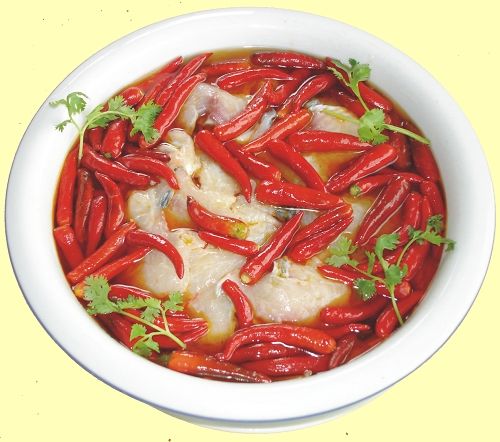Bloating, stomachache, belching, acid reflux, bloating, diarrhea... When you have these symptoms of indigestion, pay special attention to your diet and try to eat less of the following foods.
Dairy products. Dairy products such as milk contain lactose, lactose intolerance patients and other people can not digest lactose, so it is easy to abdominal flatulence. Excessive intake of lactose can cause or aggravate diarrhea.

Spicy food. When nausea, vomiting, or diarrhea occurs, mild foods, such as millet porridge, should be selected to avoid spicy foods such as peppers and garlic to avoid irritating the digestive system and aggravate symptoms of vomiting or diarrhea.
Taste sour food. When the stomach is uncomfortable, you should eat less sour taste foods such as tomatoes and citrus fruits (lemon, lime, orange and grapefruit, etc.), otherwise it will aggravate pantothenic acid, heartburn and other symptoms.
High fat foods. Fatty foods stimulate the contraction of the digestive tract, most likely slow down gastric emptying and aggravate constipation, and may also accelerate gastrointestinal motility, leading to or aggravating diarrhea. Indigestion should avoid high fat foods such as nuts, meat, and cheese.
fried food. Like high-fat foods, fried foods can cause both diarrhea and constipation. The reason is that many fried foods have low dietary fiber content and are not conducive to intestinal health.
manufactured food. Once constipation occurs, processed foods should be avoided. Because the processed food lacks dietary fiber that is beneficial to intestinal peristalsis. In addition, components such as preservatives, artificial colors, or lactose added to processed foods can also cause digestive problems and increase indigestion.
Foods containing artificial sweeteners. The artificial sweetener sorbitol is the most likely cause of indigestion. Sorbitol plays a sweetening role in foods such as chewing gum and diet foods. Once sorbitol reaches the large intestine, it often leads to bloating and diarrhea.
Alcohol. When you feel nauseous and nausea, you should not drink alcoholic beverages at all, or you will easily aggravate your symptoms. From the nutritional point of view, alcohol does not contain protein, vitamins and other nutrients. Alcohol not only hurts the stomach but also affects the metabolism of the liver. Excessive drinking can cause indigestion and other health problems.
With caffeine food. Caffeine stimulates gastrointestinal motility and excessive intake can cause diarrhea. Caffeine-rich foods include coffee, tea, chocolate, and some refreshing drinks.
Too sweet or too salty food. Too salty or too sweet foods can cause heartburn and increase indigestion.
Overheated or cold food. After eating these two kinds of foods will make the stomach produce a stress reaction, affect the secretion of gastric acid and digestive enzymes, resulting in the digestive system can not work.
Finally, it is necessary to remind everyone that if the problem of indigestion is more serious, it is recommended to go to the hospital for treatment in a timely manner. At the same time, it is also possible to eat some medicines that help digestion according to doctor's advice.